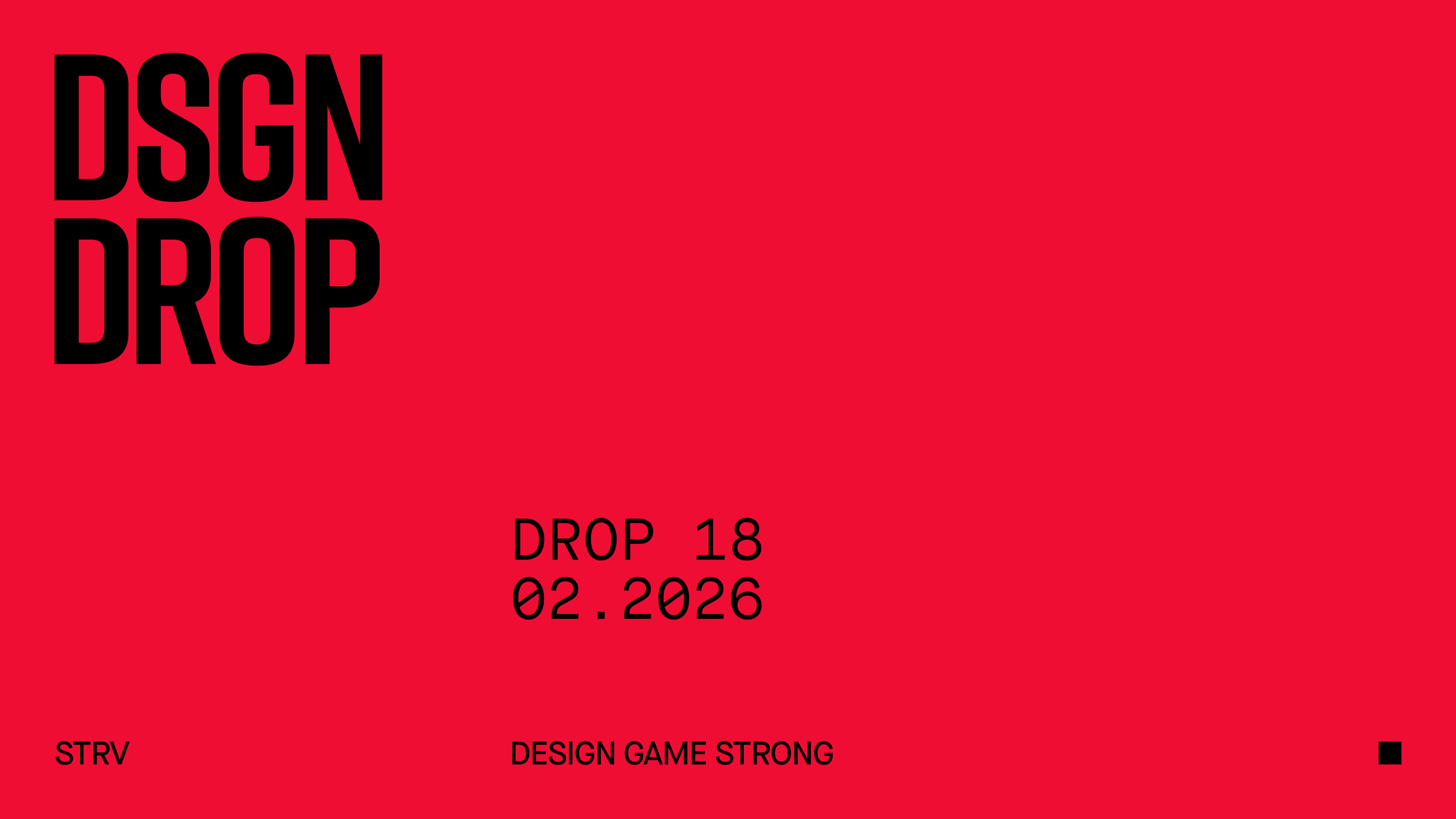Inevitably, their dreams of becoming the next grunge rock stars fell flat, not for lack of talent but rather for lack of a drummer. As it turned out, they all wanted to be the lead guitar player. None, on the other hand, wanted reign over the drum set. And, really, what’s a band without that long-haired kid in the back setting the beat?
These days, I can’t help but notice striking similarities between these ill-fated high-school Nirvana moments and a chronic problem plaguing the startup community: Everyone wants to be the lead guitar player, while experienced drummers are becoming harder to pin down.
Under this scenario, the lead guitar players are the idea people, the startup founders, and the drummers are the exceedingly scarce software engineers.
It’s no secret that good, experienced coders are a rare breed in today’s competitive tech market. There are simply not enough to go around. As a result, I am finding that many great startup ideas sit in limbo or fall apart completely because founders feel like they can’t move forward without a team of first-rate “drummers” in place.
Not only is this a bad strategy, but it’s just plain wrong. There are so many things startup founders should do before a single line of code is written. At the top of the list is market research, something that often gets pushed aside in favor of the sexier aspects of the development process.
I’ve stopped counting the number of times someone has approached me over the last decade with a new, cutting-edge startup idea only to confess shortly into our initial meeting that they’ve done little-to-no market research but would like to start development tomorrow.
As the CEO of an app and web development studio, I always have a team of engineers ready to start at a moment’s notice. However, when a potential client admits to having done no market research, the first thing I tell them is to stop and take a few steps back, even if that means delaying development by a couple of weeks or even months.
Launching a startup is expensive. It is imperative, especially if you are on a tight budget, that you do as much leg work as you can before securing a development team. In addition to knowing their target market (and competitors) inside and out, I love it when clients come to me with a design prototype in their hands. It shows me that they are forward-thinking – not to mention it saves a lot of time and money later on down the road.
This should be your starting point. Many first-time entrepreneurs, unfortunately, don’t always see it that way. A lot of them feel paralyzed if they don’t have their coders in place from day one, which can be a dispiriting conquest if you are trying to build an in-house team given the current shortage.
Yes, finding senior-level programmers to turn your idea into a reality is also important to the success of your project but that could take a while. Don’t get discouraged. While keeping an eye out for high-level software talent, start building a strong case for your product. It’s not as big of a juggling act as you might imagine.
Focus on tracking down answers to questions like: Who are your customers and why would they buy your product? Is there room on the market for your idea? What is your differentiator? These will form the basis of your value proposition, something of a mission statement that answers these questions as well as lays out why your product will outshine what’s currently out there.
My product management team takes all our potential clients through the same checklist, helping them to identify goals, target groups and key performance indicators. Our model is simple and effective: research, prototype, code and scale. If you try and jump ahead, you could jeopardize the success of your product.
The first step in this model is critical. You can go about researching your market potential in many different ways, whether it’s compiling information online or taking the more formal routes of focus groups and customer surveys. Once you’ve identified your target group, find the best way to communicate with them. For example, marketing channels could include social media platforms or influencers. Look at how your competition is reaching out to its customer base and copy what works. You don’t have to reinvent the wheel. You need to be effective.
“The value proposition and competitive analysis should inform the product positioning which in turn, will help focus your go-to-market strategies at launch. Here is where the ‘rubber hits the road,’ so to speak,” explains Katie Guernsey, a product manager at my company. “A founder employs marketing channels they have identified during market research to validate they’ve found the target user during the launch campaigns.”
Take what you’ve learned and any feedback you receive from your target group and incorporate it into your product’s prototype. Only then should you start thinking about entering the development phase. Proper market research is a lengthy endeavor, not just some simple overnight school assignment.
“I like to test business assumptions made on behalf of the user during the wireframe prototype phase to really gut check whether we have accomplished communicating the product’s value to the customer, in addition to finding usability nuggets to improve the UX,” Guernsey said.
In other words, you have plenty of time to find the perfect set of engineers. Be patient. Software programmers, like high-school drummers, may be an elusive bunch, but that’s no reason to break up the band or throw a viable startup idea in the garbage.





